NEED A THERAPIST IMMEDIATELY? WE HAVE OPENINGS! INSURANCE ACCEPTED. CALL 801.901.0279!
Clinical Depression, also known as Major Depression is not just “feeling blue.” It is not a slight drop in mood or a feeling of sadness when a loved one goes away for a while.
It is not the anxious, upset feeling you get when you don’t get hired after an interview.
People with clinical depression are not just sad or down for a week or a month, it’s much longer and sometimes years.
Negative feelings regarding things or events in life are normal. These negative feelings are what help us to know we are happy when we are happy.
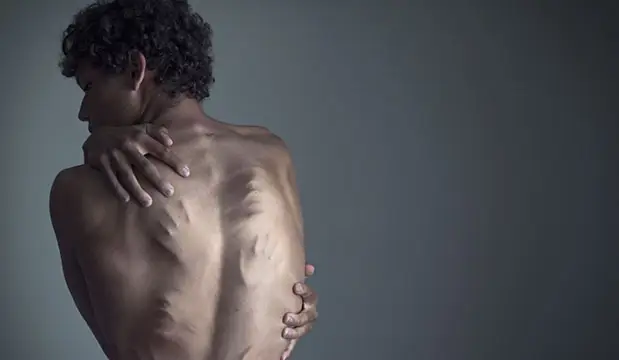
Sad days and months are easier to combat with taking a new and different perspective or doing new activities to disrupt daily life’s monotony.
In contrast, major depression takes more time and more effort, and more attention than these fleeting moments of sadness.
As you have probably figured out, these instances of sadness aren’t clinical depression or major depression these are depressive episodes.
Clinical depression is the prolonged feeling of anxiety, sorrow, and those feelings significantly disrupt everyday life, not just depressive symptoms.
Major depression is feelings of prolonged hopelessness and helplessness. It is the burdens of a low mood that brings sufferers to their knees repeatedly.
It can bring such a lack of motivation to an individual that they feel they can’t even get out of bed in the morning.
Clinical Depression can feel so heavy that it leads individuals to take their own life, yes, suicide.
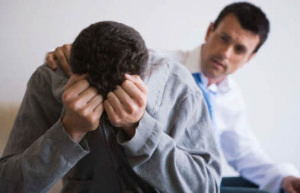 Most people in the U.S., if not all, are aware of what depression is and that it is a prominent issue in our day and age.
Most people in the U.S., if not all, are aware of what depression is and that it is a prominent issue in our day and age.We understand that we will have periods of depression in our lives and that there’s depression in children and adults.
Our intention in writing this article is not to speak to you about the terrible effects of people with depression and the many mood disorders.
These things are covered in great detail on thousands of other websites.
Instead, we intend to empower you in managing it like we have helped others work through theirs.
To understand mental health conditions like Clinical Depression and other Depressive Disorders, we must look at the science behind it.
Many studies suggest that some people who suffer from major depressive disorders have a different chemical makeup in their brains and may have a history of depression.
These chemical imbalances change how their brain receives neurotransmitters.
These transmitters are natural chemicals that help transmit norepinephrine and serotonin (Cafasso).
This is one symptom of why someone might have severe mood swings and prolonged significant sadness.
This imbalance of neurotransmitters is very probable that specific individuals will experience depressive episodes on and off for the rest of their lives.
There are many symptoms of depression and people with depression know how difficult it can be to function.
Researchers are still researching and continue to study what kind of imbalances are in the brain that influences depression because neurotransmitters aren’t the only thing (Cafasso).
Besides chemical imbalances, depression is caused by numerous other circumstances.
There are many factors and or circumstances that can cause depression like past traumatic, abuse, diagnosis of medical conditions, which have scared the individual severely, and war.
There are many forms of depression that can affect an individual, like seasonal depression, situational depression, treatment-resistant depression, illness, weight gain and more.
Whatever the reason or cause, even if there’s a history of depression in your family, take a deep breath because there are many ways and treatments for major depression. There still is hope even if you can’t see hope or feel hope, there still is hope.
With all these different kinds of depression, it is essential that we learn to manage major depression and not ignore it. This doesn’t mean that you have to suddenly be happy and perfect, no.
This means that you try your best every day and don’t blame your depression for why you can’t do certain things.
To control the depression, you must act, and every person’s action is different.
It can be just getting out of the bed for one person because they haven’t done so for days or smiling multiple times throughout the day to keep those muscles working, or maybe it is taking on a new mindset and changing a lifestyle.
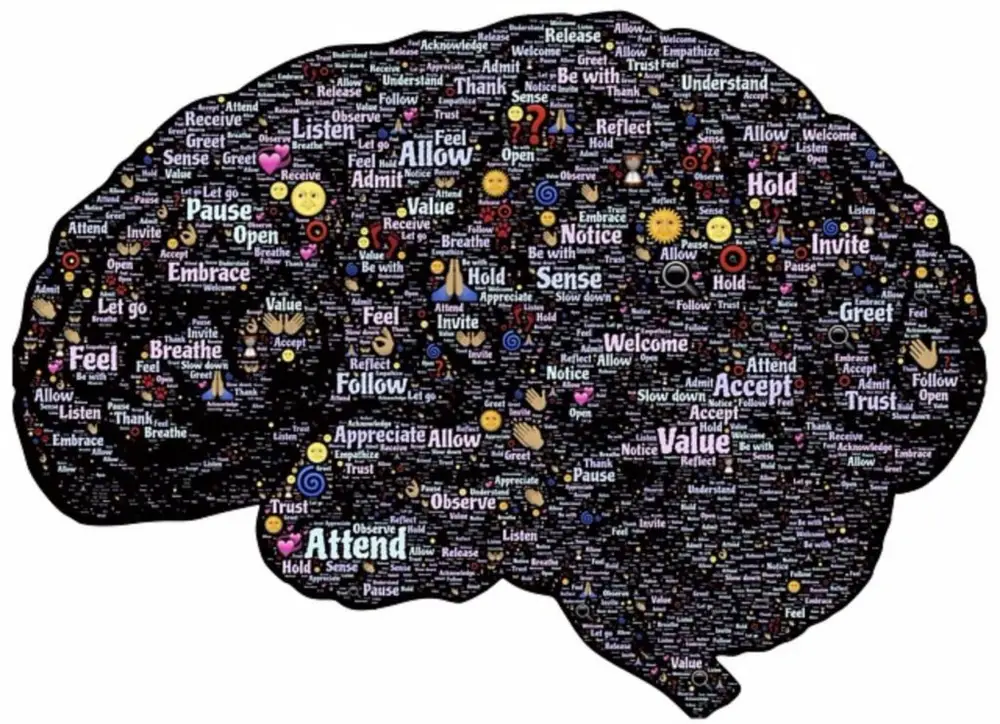
Do not give yourself over as slaves to the label of depression, even when you have feelings of worthlessness, anxiety, stress, diagnosis of depression, and lack energy.
We must know that we can change our lives in many ways and find happiness. We all have access to a great deal of power; both within us and outside of us, we have to tap into it.
There are many tools at our disposal to help us overcome obstacles, both big and small, to lead to happier, more fulfilling lives even if you have a history of depression that seems endless.
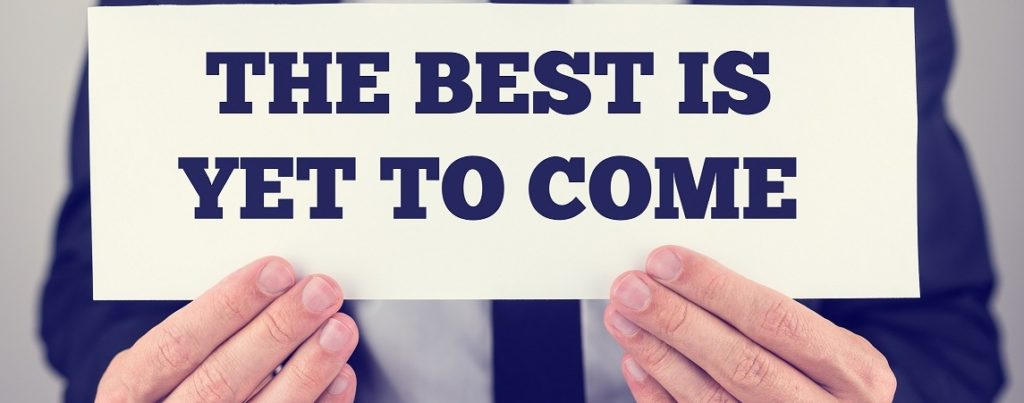
We all wish we could heal severe depression. Take a magic wand and say, “Abracadabra,” but instead, we must work through it, like fighters.
Fortunately, life has given us magic tricks, which I will share with you later on.
Before I tell you the magic tricks, I’m going to share a story. This story is about how different people work through depression in various action steps, whether healthy or harmful.
Utah Family Therapy are mental health professionals and can help in the treatment of depression. You mental health care is vital and there are many treatment methods.
We had a teenage client who was addicted to marijuana. He smoked a lot.
This individual came into our office, and his parents were not kind to him because they were tired of his addiction. After talking and processing with them, we learned that the entire family had symptoms of depression and were on antidepressants.
All of them except this young man.
When we found out that his whole family was on antidepressants (serotonin reuptake inhibitors) and had a history of depression, it was a breakthrough for the parents. They realized,
“Oh my gosh. He is self-medicating to try to process his depression and to try to fix his depression.”
This young man had been trying to cope and treat his own condition and history of depression he was experiencing. He was trying to find happiness and raise his serotonin levels, which the marijuana was doing.
Here’s the outcome of this situation, this family went to several doctors, got multiple opinions, and they found a solution that worked to help his serotonin levels; it was not easy because he was self medicating for so long– but it became more manageable and gave him a desire to get on top of his addiction.
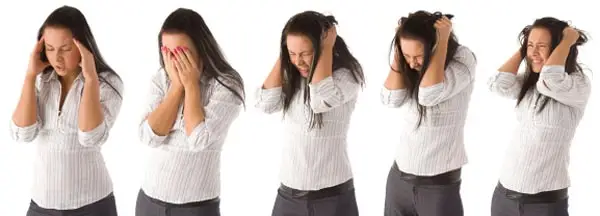
Sometimes, teenagers and adults with depression are smoking because it’s just the ‘in’ thing to do. But if they’re not producing enough serotonin, all of a sudden, smoking becomes this miracle healer.
In this case, using the drugs was one of the symptoms of depression because he was trying to self medicate. The marijuana became a rescuer saving him from anxiety, stress, trouble, irritability and difficulty of functioning in society.
Since the brain looks at the drug as a miracle, the addiction becomes harder to break because the brain thinks it is the only way to survive and deal with this depressive disorder.
The only way to be happy.
When you’re dealing with major depressive disorders, unfortunately, addiction makes it worse. Yes the illegal drugs may help in the beginning but as the addiction progresses, so do the risks and damage to the brain increase.
The drugs starts destroying the healthy receptors, which receive an average amount of serotonin and norepinephrine. It also starts destroying other parts of their brain it’s essential to recieve treatment for depression and learn to manage it.
This major depression tied with addiction is hard. It is very hard but not impossible. That doesn’t mean you can’t or that you aren’t strong enough. It means that you can get help, fight through the addiction, and manage the depression.
I commend individuals with clinical depression and addiction who take those hard steps to gain sobriety. When someone whose constantly in a depressed mood makes the painful commitment to get sober, it shows the amount of strength they have and will have long-term benefits.
You are practically saying to yourself,
“I am going to go through pain temporarily and I accept this. I surrender to this fact that I might even be a little bit more depressed. Because in the end. In the end I will be happier, and I will be better.”
These facts and scenarios given are based on a particular kind of depression and symptoms.
People with depression, besides a non-natural amount of serotonin, to restate might be because of past trauma, increased stress, anxiety, overwhelm, abuse, weight gain, medical condition or other mental disorders.
Other forms of depression may be a challenge with overwhelming course of negative thoughts.
And to heal, they must become aware of their negative thought process, which is a mental disorder, to begin building new habits and interrupt this negative thinking.
No matter what type of depression you are struggling with, here are some magic tricks for you to do.
These are not absolute solutions, but they are actions that will help in the treatment for depression and make your life better.
These magic tricks will change your life!
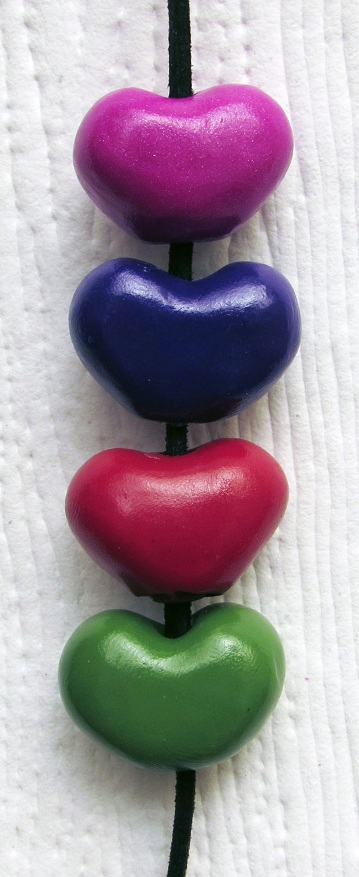
1. Gratitude
It has been shown that gratitude is one of the number one factors that separates the happy from the unhappy and help treat depressive disorders.
Taking as little as 10 minutes a day to think about or write about aspects or people in your life that you are grateful for can boost your mood substantially.
There have been many studies done on the effects of gratitude and the joy it cultivates.
To help become more grateful every night, write five specific things that happened that day.
Whether it be a smile from a stranger or a huge surprise, write it down in your journal.
2. Meditation
There are many meditation methods, such as mindfulness meditation, compassion meditation, visualization methods, EFT, etc.
These can be extremely powerful in helping somebody manage or even overcome their depressed mood, stress, and anxiety.
Brain scans have shown that meditation grows parts of the brain that enable people to have more awareness, fulfillment, and overall joy in life.
Meditation can also lead individuals to perceive their world differently and to make more positive choices.
For a meditation, sit down or lay down. Get comfortable.
3. Prayer
Not all people are religious, but studies have connected spirituality with happiness. Prayer is a very effective method for many people with depression, and it can lead to a change for the better.
This does not entail praying about depression symptoms itself but praying about many other topics and endeavors within a person’s life.
Since religion is a very personal thing, I invite you to pray. In whatever manner that be, and ask your Higher Power for help in your life.
4. Nutrition
“You are what you eat,” they say. A diet that includes fruits, vegetables, nuts, seeds, quality proteins and fats, and a balance of other nutrients brings thoughts and feelings of clarity, focus, energy, and upliftment.
Eating excessive candy, junk food, and having a lack of quality nutrition will bring sluggishness, bad moods, slower brain functioning, and many other harmful effects.
We must take care of ourselves physically if we want to be taken care of emotionally.
Start off eating healthier:
5. Exercise
Exercising releases endorphins (or “happy chemicals”) and raises dopamine and serotonin levels in the brain, increasing self-esteem, energy, and an overall sense of well-being.
This also may help you to feel better about your body and improve any medical conditions.
The better you feel about yourself, the more likely you are to be happier.
Every day try and exercise for 30 minutes, but since one of the symptoms of depression is lack of motivation, make it simple and curl a can of food, five times each arm.
6. Hobbies
Being involved in a hobby or passion regularly can bring a great sense of accomplishment and temporary satisfaction.
This hobby should include some skill and effort level, as this is usually what makes it fulfilling for the individual and helps to get rid of the feelings of worthlessness.
For example, geocaching, hiking, fishing, painting, reading, scrapbooking, art, sewing, candle making, digital art, cooking, etc…
7. Create New and Strengthen Relationships
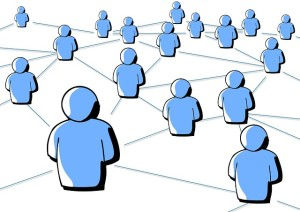
We thrive off of interaction with others, especially those in depressed moods.
Nobody is immune to the need for meaningful relationships and interactions in their lives—loneliness breeds sadness and depression.
Close relationships and meaningful encounters breed fulfillment and joy.
If a person does not have this, there are many social activities organized in religious or educational organizations that may be good sources to find a friend or two.
Meditation or prayer are good sources of bringing individuals ease before attending one of these events if they feel nervous or uneasy about going.
Some places to go that might help create more friends might be a gym class, yoga, Zumba, water aerobics, or join a book club.
8. Serving others
“Random acts of kindness” is another one of the top things that separate the happy from the unhappy.
For whatever reason, when we are in a depressed mood and give to others or do something to build them up, we are brought up in the process.
If an individual is not doing this currently, it can be challenging to start at first. If they put in the effort, eventually new habits are built, becoming a part of daily life.
It takes effort, as all good things do. Some acts of service you can do is if you live in the same house as someone and share responsibilities are to do the dishes or make breakfast for the person.
Do something you wouldn’t normally do, something that is special.
These action steps are simple. Very simple. And simple actions can remove mountains. You can take each stone in your way and turn it into a staircase.
You have to do the action steps.
You can not just think; eventually, I will heal; eventually, I will become better. You must find and dig deep to retrieve the motivation to do these simple actions.
Just because the magic tricks are simple doesn’t mean they don’t work; try them when you’re in a depressed mood and see what happens. We know that just because they are simple doesn’t mean it is easy.
You are strong enough to do these actions.
You may not feel like it, but you are.
You may find it difficult or impossible to get out of bed because of your depressive disorder, but the purpose is to do one difficult thing every day. Because the next day you are going to be stronger to do a new hard action; eventually, you will succeed.
People with depression want it to be gone, done away with and never have to worry about it again. We can not say you will never be sad again, because you will but you will be equipped with the tools to work through hard times.
If these tips don’t work, seek some therapy for further insight from our mental health clinic. We provide mental health care that addresses the trauma and we provide different treatments for depression.
Our therapists work hard and would love to help you with your mental health needs and lower your anxiety. By scheduling an appointment, you can receive more insight and more hope for future days.
At the end of it all, there are certainly cases where, even with all the right changes, you may continue to have negative experiences.
You may feel like there’s still no hope. We want to personally let you know this does not mean that you cannot find happiness with severe depression.
It does not mean that you must resign yourself to a life of agony; it merely means that you can use your agency to choose things that make your life better, lower your risk and learn to manage depressed moods.
We don’t want to get your hopes down but you may have to continue to manage depression throughout your life, but know you’re not alone. You will experience, as many others do, some days will be better than others.
The important thing is there is still hope, and there will be better days and you can find enjoyment, laughter and fun.
First, accept your situation and mental health condition because acceptance will start the healing process and begin managing depressive episodes.
Next, follow the tips mentioned above.
If that doesn’t work, lower your risk of severe depression and take another step towards healing through our outpatient treatment programs also known as an Intensive Outpatient Therapy for youth and adults with depression.
There are many different treatment methods, which provide benefits and the ability to help you heal and improve your self esteem:
No matter what your form of depression may be experiencing, find meaning and purpose in your life.
“Depression (Major Depressive Disorder),” May clinic, Mayo Foundation for Medical Education and Research, 3 Feb. 2018, www.mayoclinic.org/diseases-conditions/depression/symptoms-causes/syc-20356007.
Cafasso, Jacquelyn. “Chemical Imbalance in the Brain: What You Should Know,” Healthline 9 Feb. 2021, www.healthline.com/health/chemical-imbalance-in-the-brain.
Lets face it, who likes to talk about their crap with other people?
If you’re like most clients, you’re used to being judged despite hearing so many people talk about non judgment and when you do open up, it seems like the more you share, the less likely you are to get compassion.
We’ve worked our butts off to create a clinic where the unfiltered, real you, can show up and heal, so dammit give therapy a chance!
We love the unfiltered real you, let’s heal together. – Utah Family Therapy Team